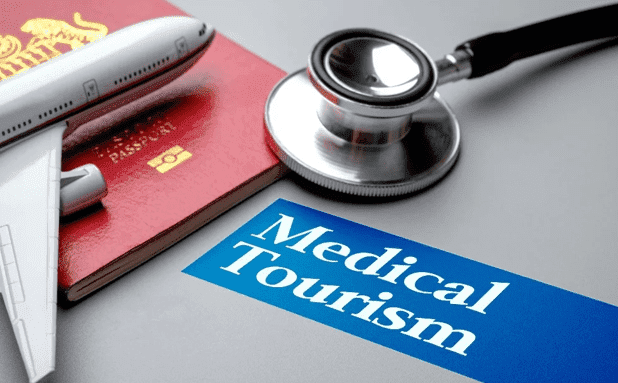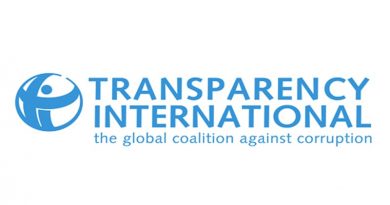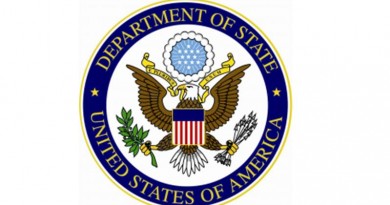FGN Plans Overseas Training for Medical Personnel to Curb Overseas Medical Tourism by Nigerians
Nigeria is taking proactive measures to address healthcare challenges and reduce the reliance on medical tourism by planning specialized training for medical personnel abroad. The Federal Government of Nigeria, led by Dr Tunji Alausa, Minister of State for Health and Social Welfare, has announced this strategic initiative during the investiture of Dr Peter Ebeigbe as the President of the National Postgraduate Medical College in Lagos. The primary objective of this collaboration is to develop new curricula that tackle critical health sector challenges.
Dr Alausa specifically highlighted the importance of creating curricula for sub-specialties such as interventional cardiology, cardiac electrophysiology, interventional radiology, pain medicine, critical care medicine, hospice and palliative medicine, and robotic surgery. The aim is not only to reduce the need for Nigerians to seek medical care abroad but also to enhance research capabilities within the country. The training will have a special focus on surgical oncology and transplant surgery, with an emphasis on kidney, liver, lung, and heart transplants.
Dr Ebeigbe, in his address, acknowledged the economic challenges faced by medical professionals in Nigeria, which have contributed to a brain drain in the healthcare sector. He shared personal experiences of colleagues who had worked in the Middle East, highlighting the significant difference in earnings compared to Nigeria. While he commended the Federal Government’s efforts, such as the implementation of the Medical Salary Scale, which has improved doctors’ remuneration to some extent, he stressed the need for further economic interventions to prevent a collapse of the health system.
The collaboration between the Federal Government and the National Postgraduate Medical College is a noteworthy endeavor that holds great promise for the future of healthcare in Nigeria. This joint effort signifies a crucial stride towards achieving self-sufficiency in healthcare provision and fostering a thriving research ecosystem within the country. Through targeted investments in specialized training and efforts to bridge economic disparities, Nigeria aspires to retain its skilled medical professionals and diminish the reliance on medical tourism. As these initiatives are set into motion, there is a prevailing sense of optimism regarding the potential to not only improve the quality of healthcare but also establish a more stable healthcare workforce in Nigeria.




